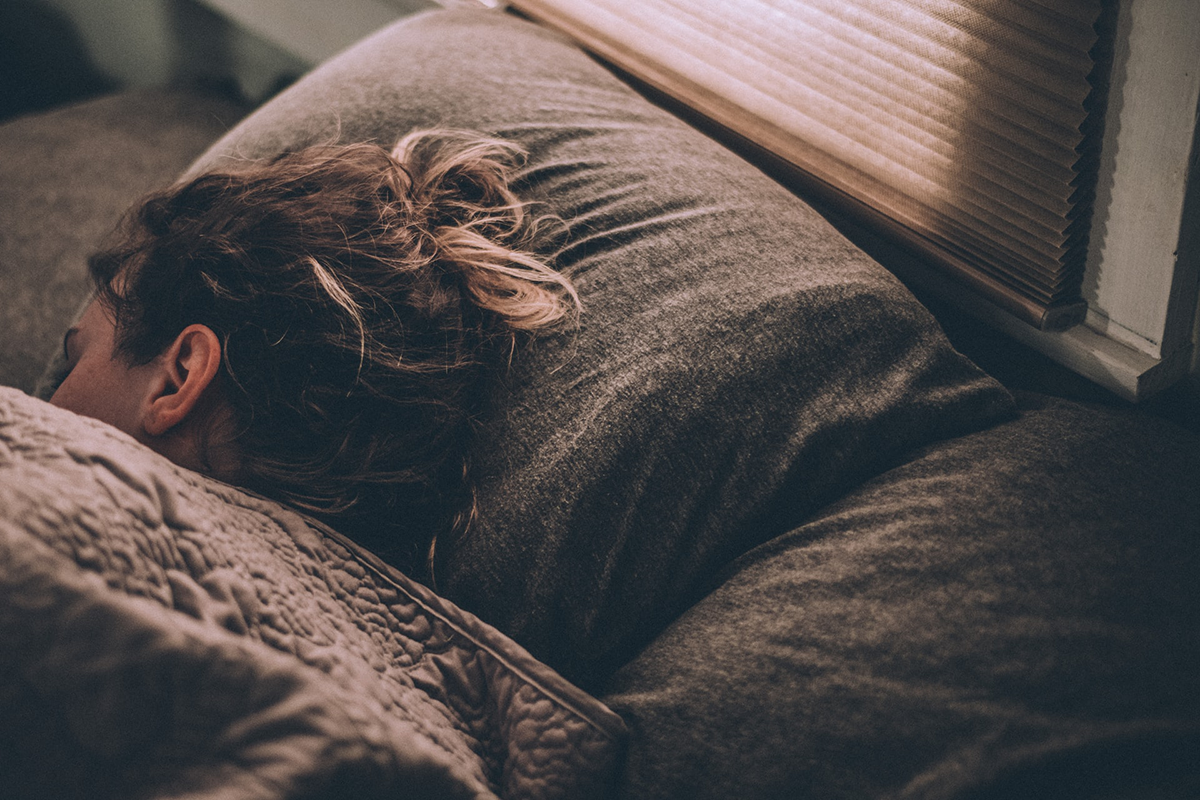Forgive teens for being the absolute worst human in the morning.
They probably just need more sleep!
According to experts like Dr Karl, adolescents need about 10 hours of sleep but most aren’t getting this solid shut-eye.
Just think: a mere 7% of young people wake up feeling fresh and energised, while 39% wake up feeling tired and lethargic and 54% somewhere inbetween the two, our Gen Z Wellbeing Check research found. That’s a lot of moody, sluggish humans. No fun for anyone.
You’ve read the scientific evidence (and they have too) – lack of proper sleep negatively impacts wellbeing and academic performance.
As a result, schools have been challenged for later start times to meet students biological needs, and whether that day will come or not, there are things that parents can do to help their children catch more Z’s.
It’s not just early school times. Young people also recognise that the top three things keeping them awake are screen time (66%), education stress (63%), and anxiety (49%).
[ays_poll id=4]
To get teens snoozing earlier and feeling fresher, here’s a list of practical tips for parents.
Before you scroll down, there’s a big key. Don’t make them feel like you’re nagging them or setting strict rules. Instead, decide together a sleep routine that works best for them. When it’s a collaborative process, they’ll feel more empowered in making decisions for themselves.
Because this matters to them too. Almost all (96%) Gen Zs told us that wellness is important to them.
Try this:
- Let’s start with the big ‘ouch’. Work out what devices can be in the bedroom and which can’t. You might want to save the Play Station for the living room or remove their phone before sleeping.
- Whatever devices are in the bedroom, have them turn them off 30-60 minutes before bedtime.
- Have a consistent bedtime each night so their body gets into the habit of falling asleep then.
- To get up on time, use a simple alarm clock (remember those?).
- Ensure the bed is only associated with sleep and rest. So no scrolling, watching, eating, or homework-ing between the sheets. If these things must be done in the room, create a little separate corner for it.
- Avoid caffeine in the late afternoon and evening, which includes coffee, energy drinks and caffeinated teas like black/green tea.
- Don’t spread their after-school hours thin with activities to spruce up their resume. Instead, set realistic expectations for them and create space for rest.
- Get them to pick up relaxing screen-free evening activities like reading a book, journalling, colouring in, drinking herbal tea, or taking a warm bath.
- To feel more sleepy, they can have a go at meditation and mindfulness exercises like visualisation and deep breathing.
- To motivate them more, speak their language. What sleep benefits appeal to them most? Perhaps it’s about becoming a better athlete, or nurturing a healthier brain for academic or creative sake.
Be gentle and shift gradually. If they’ve been getting to bed at 2am every day, it’ll be difficult to suddenly switch to 9:30pm, so be honest that midnight is a good achievement. Along the way, check in on them to see if there’s anything you can do to help them stay on track.
Sweet dreams, and a great morning to you.






